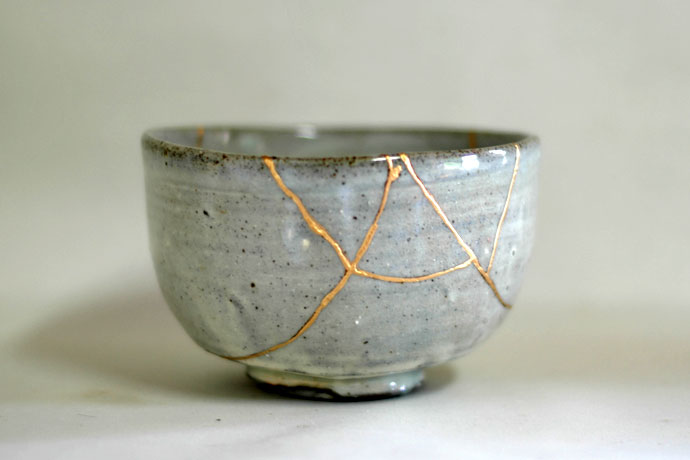
When was the last time you looked at someone you knew and wished you could just knock them on the head with cast iron skillet?
You’ve had thoughts and opinions about them brewing in your head for a long time, and you wish you could be completely honest with them, knocking senes into them and inspiring them to carefully consider their actions.
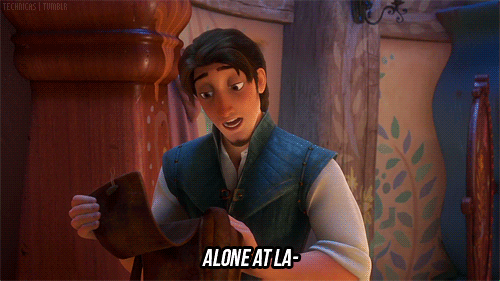
Though I’m too afraid of people disliking me for me to be that honest with them, I frequently rail at them in my head, silently preparing speeches that I will never verbalize.
Why are you so uptight? Why won’t you stop _____ [insert bad habit here.]? Why can’t you stop being so proud and unable to see past your own nose? Why won’t you leave that relationship that is causing you to become someone you’re not? Why can’t you just stop being so stressed and/ or sad? Why are you wasting your money on that thing when you have so little to spend already? Why on earth do you support ___ [insert politician or leader of choice.]? Why can’t you just get your shit together and make good decisions?
You get the picture.
In other words, I’m actually asking, “Why aren’t you more like me?”
In reality, if everyone were like me, the world would not be a much better place. The world needs to be filled with people with varying priorities, interests, personalities, strengths, flaws, and histories. Back to the point, though.
The logical rebuttal to mentally railing at people would be as follows:
“I am not _____ [insert person that I am railing at.] I have never been in their shoes, so I have no right to tell them what they should or should not do to make their life better.”
This rebuttal to self is good and makes sense. However, a very thought-provoking and painful conversation that I had a few weeks ago birthed a clearer, more powerful way to fight the unwarranted advice and judgement I often want to give people.
The conclusion I’ve come to is this:
There are always times when we need to be challenged and critiqued by people who truly love us; otherwise, we would have only our own opinions to inform us, and my experience has taught me that my own view is extremely limited, shaped only by my narrow sphere of experiences. We need to hear truth, advice, and outside perspectives from friends, family, significant others, and coworkers. Oftentimes, true friends will be the ones to tell us things need to hear but perhaps don’t want to hear.
If you’re a reader of the Bible, you might recognize this concept in the following Proverb:
“Faithful are the wounds of a friend;
profuse are the kisses of an enemy.” (Proverbs 27:6, ESV).
However, before I feel the need to challenge a friend, pointing out their possible flaws or mistakes, giving them advice, to presuming to label their decisions as bad or good, I need to consider this question:
“I am able to tell this person’s story accurately?
You know, their story. The story of their life.
Every person has an intricate and unique story. Think about a character in about any book you have ever read or movie you have watched. The story begins by introducing the character, sharing with the reader/viewer essential information from the main character’s backstory. The story then communicates that character’s traits, characteristics, strengths, and failings, within the context of their life and setting. Then, the story rises to introduce a central conflict in that character’s life, mapping their main struggle until the climax of a a significant victory or defeat. The story then wraps to a close, perhaps hinting at the direction this character’s life may go, based on recent events and choices.
Now, imagine telling the life story of one of your friends this way: important background information, struggles, characteristics, main problems, significant events, etc. Whoever you were telling the story to would probably gain a pretty good idea of who the character was.
If humans were to think like this before shoving their opinions upon people, they would probably do a lot more listening and a lot less talking and would gain much greater understanding of those around them.
So, when it comes to advising people or inwardly railing at them about their decisions, I want my mindset to change. Before I even think about telling them [mentally or verbally] how I think they ought to live their lives, I want to ask myself “Can I tell their whole story?”
If I can’t sit back and tell back to them a true version of their story, then I am probably missing essential information about what is really happening in their life, their true motivation, events that have shaped them, and the actual effects of different people/ objects/ substances/ relationships/ choices upon them.
After I had the previously-mentioned difficult conversation a few weeks ago, I asked myself, “Do I know this person’s whole story?”
After a bit of consideration, I realized that I knew bits and pieces, but there was so much I didn’t know.
I couldn’t pinpoint what were actually the peak moments of victory in his life. I couldn’t accurately portray what his main struggles were, especially in his earlier life. I couldn’t define his main turning points. I couldn’t prove wrong certain things about his life that I didn’t agree with.
When it comes down to it, there may be things that I see in his life that I think of as negative but that he thinks of as positive. If this is the case, I shouldn’t just rebutt his defense and rail at him,”No, that thing is still negative!” I should genuinely and earnestly seek out as answer as to the ways that thing has positively affected his life. I may just find that I was missing an essential piece of knowledge which kept me from understanding his actions and choices.
In that moment, I realized that I had a lot of learn: about him, about truly listening, and about peope, in general.
I have so, so much to learn.
It’s a simple fact: Anytime you express opinions about someone else’s life, you are doing so as an outsider looking in, and you will never fully know what it is like, in their life, to be the insider looking out. But the best possible way to gain a clearer understanding is to learn their story, getting even just a tiny glimpse of what life looks like to them.
So, next time you find yourself opening your mouth to release a storm of advice that has been churning in your mind, consider that question– “Can I accurately tell them their story?” And if the answer is no, please seriously consider putting aside your opinion and advice for a better time and rather seeking to understand their story. People love to tell stories, and they love to talk about themselves. Thus, this task should not be difficult. You might be amazed at what you learn.
The wounds of a friend may be faithful, but those wounds should not be given lightly. And they should not come from people who are not willing to learn your story, for true friends will seek to understand every bit of your journey, no matter how long it takes.
But, then again, why should you listen to me? Who am I to offer you such advice? After all, I don’t think I know your story very well. 😉

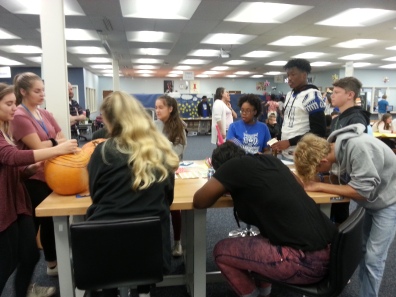







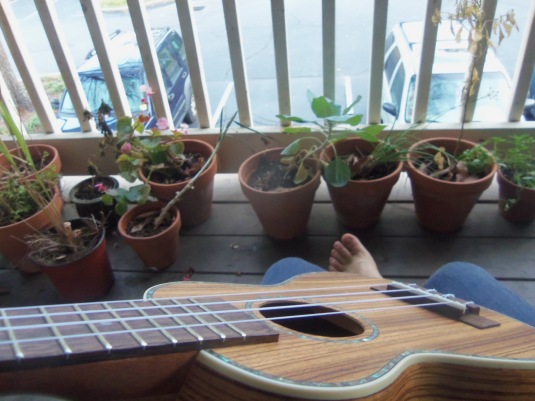
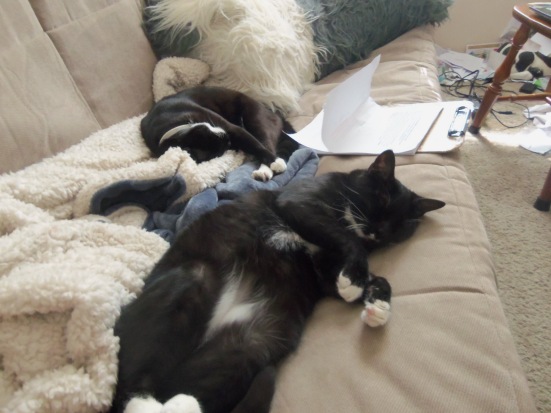


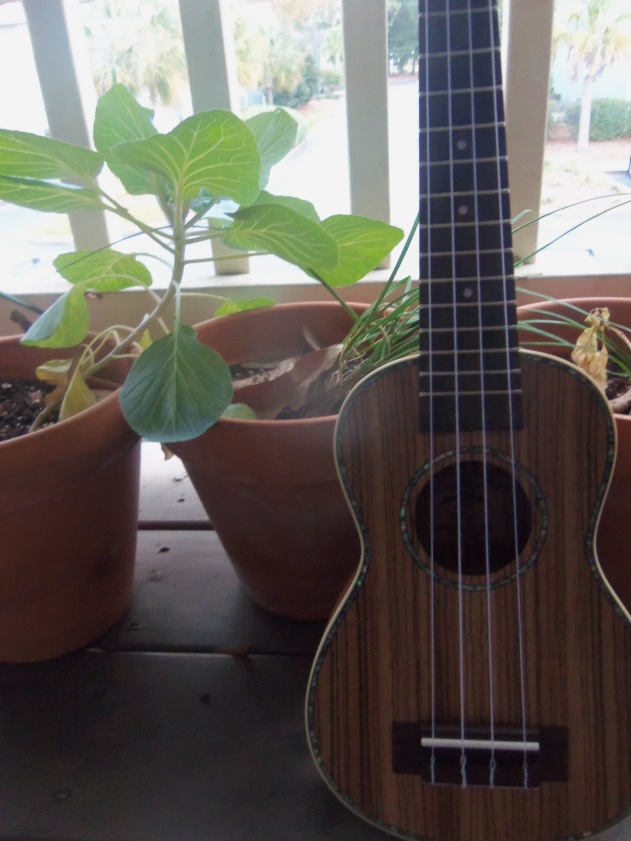





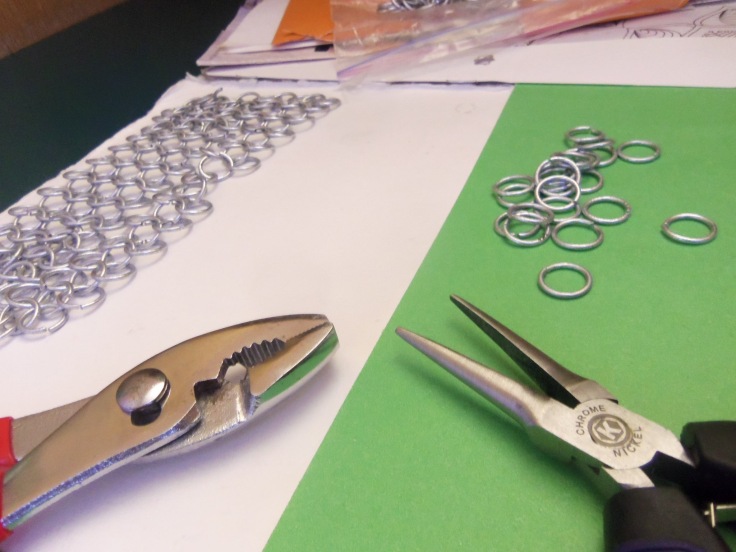

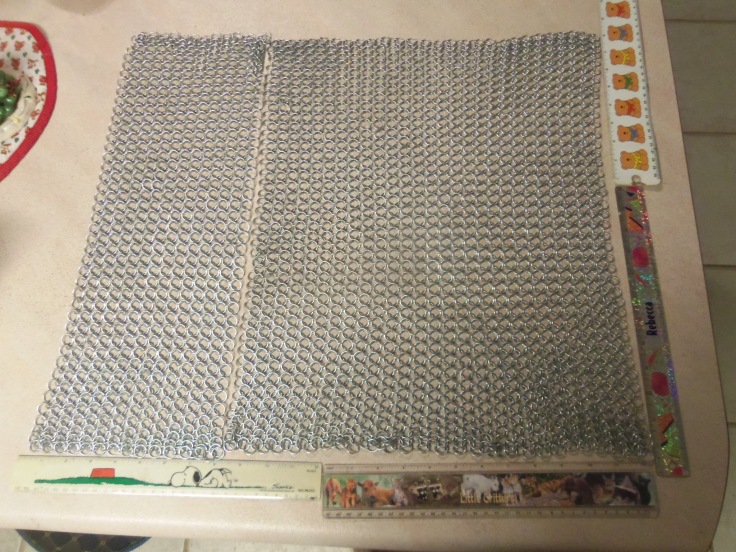
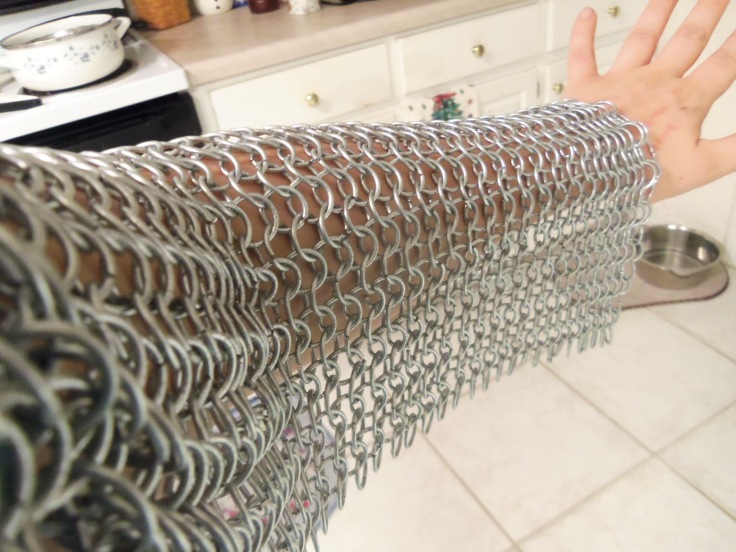
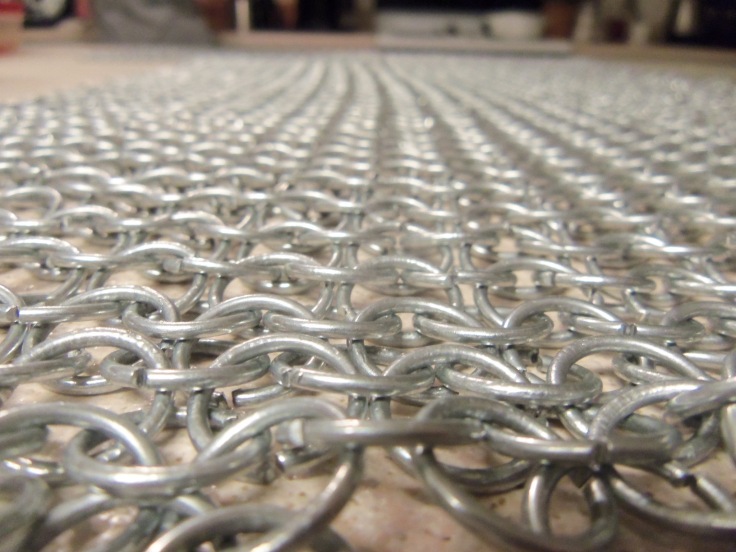

![100_6749[1].JPG](https://leavingbagend.files.wordpress.com/2016/12/100_67491.jpg?w=736)



